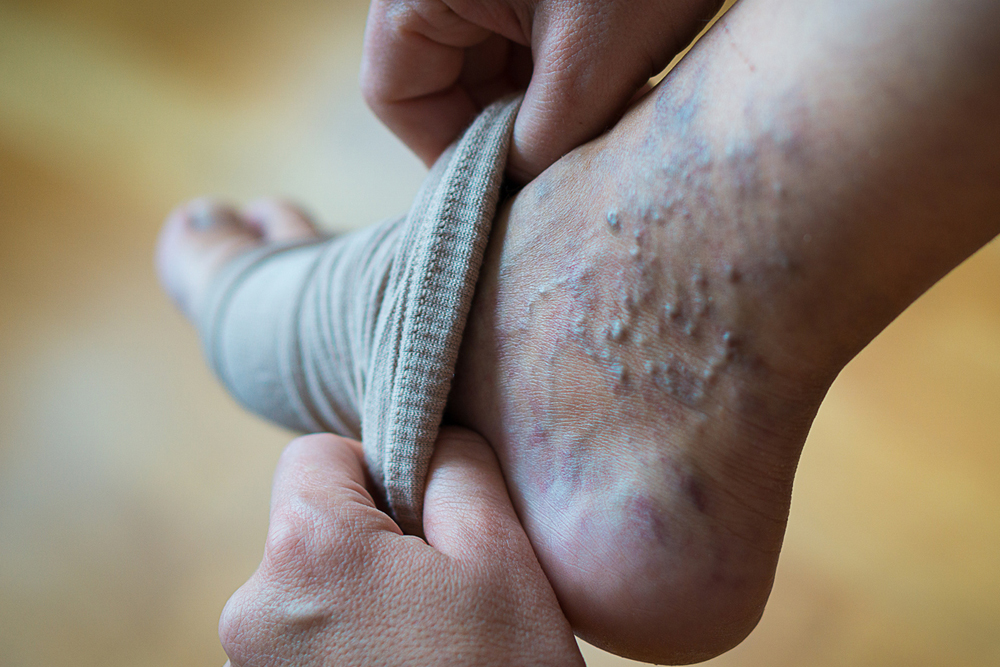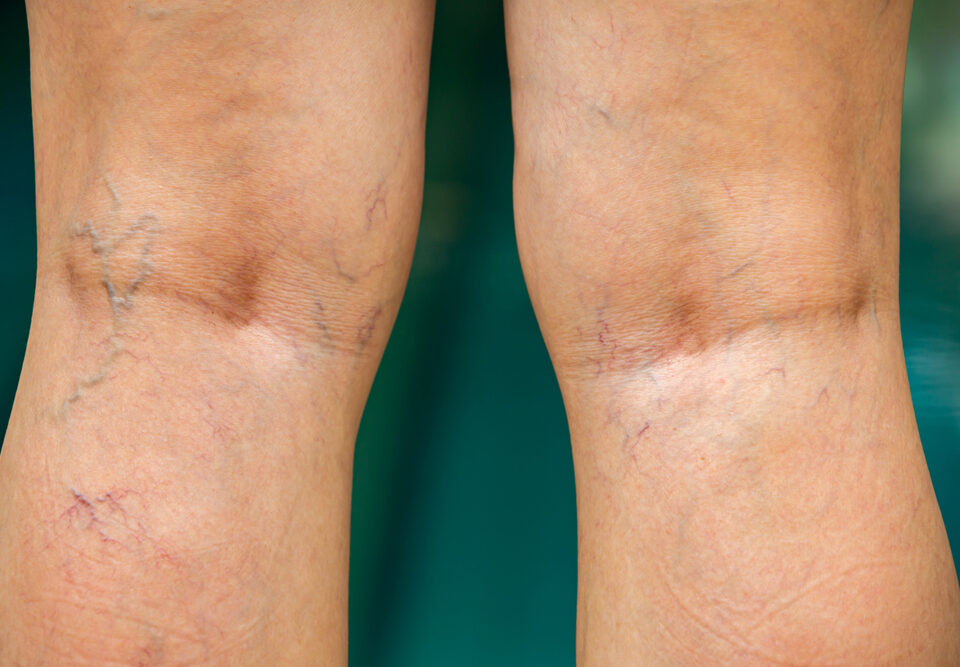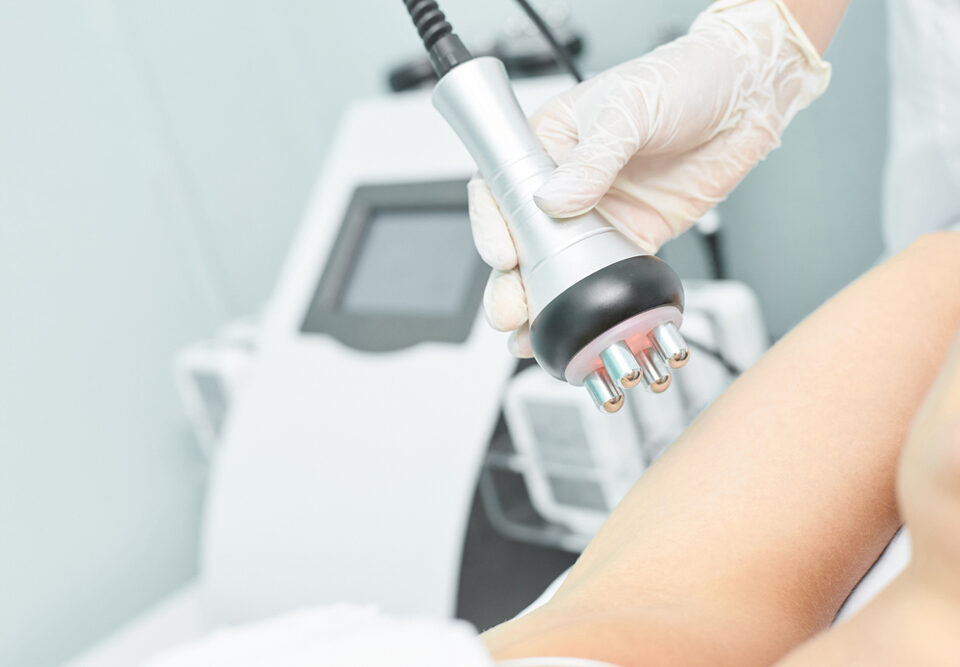Blood clotting is your body’s solution to stop excessive bleeding that may occur as a result of an injury or wound. However, certain kinds of blood clots can also be extremely dangerous, especially when they result from blood pooling in your body when it shouldn’t or doesn’t need to. Deep Vein Thrombosis – DVT – occurs when blood clots develop in veins that are located deep within the body, most commonly in the legs. Should one of these clots break loose and travel through the bloodstream to the lungs, it can result in a pulmonary embolism that can be life-threatening. Knowing what causes DVT, how to prevent it and, if you are at risk, how to treat it, may save your life of the life of someone you love.
Who is at Risk?
Anyone who has veins is at risk of developing DVT. However, your risk increases if you have lung disease, cancer, or are undergoing certain treatments for cancer. If you are overweight or lead a sedentary lifestyle – especially if you sit for long periods of time – or have heart disease, you are at a higher risk of developing DVT. Trauma and injury to a deep vein also increases your risk of developing DVT, as does undergoing surgical procedures, especially in the pelvis, hips and legs. Poor cardiovascular health, smoking and being confined to a tight space for long periods of time (for example, an airplane or bus) can increase even a healthy person’s risk of developing DVT, as can a poorly or untreated fracture.
Treating DVT
Should you be diagnosed with or experiencing symptoms of DVT, your doctor will recommend the following treatments; when used together they can help you reduce your risk of developing DVT.
- While more commonly known as blood thinners, anticoagulants do not actually thin the blood; rather, they serve to stabilize the blood by preventing clots from growing or breaking off, thereby preventing new clots from forming. Depending on the medication your doctor recommends, anticoagulants can be administered intravenously, by injection or orally. Many times, your doctor will recommend administering an injection before you travel on a long trip, particularly on an airplane, when the option to stretch your legs may be limited.
- Diet and exercise. The more weight you carry, the harder your cardiovascular system has to work. By losing weight and exercising, you can increase your blood circulation that maintains a healthy heart, lungs and muscles. Healthy diet is also imperative to ensure cardiovascular health; avoiding processed foods and sodium is best.
- Wearing compression stockings. Wearing medical-grade compression hose or stockings can prevent blood from pooling in your legs and are highly recommended for those who have been diagnosed with, or run the risk of developing, DVT. They are especially recommended for those with poor circulation or for people required to stand on their feet all day; just be sure to consult with your doctor as to the correct uses of compression hose as wearing them improperly or against directions may reduce their effectiveness.
- Get moving after surgery. As best you can and at the recommendation of your doctor, try to get moving after surgery. If you are not able to move or must stay in bed, your surgeon will likely prescribe thrombo-embolic deterrent hose, or anti-embolism stockings, which provide soothing massage and compression to keep the blood flowing while you recuperate in bed.
- Planning your trips. If you are planning to take a long trip, be sure to take frequent breaks to stretch your legs and stay hydrated.
Vascular Care in Tampa and Largo
DVT can occur anytime and anywhere. If you are at risk of developing DVT or have a family history of vascular problems, it’s important to develop a long-term relationship with a vascular medical professional. In Tampa and Largo, Premier Vein & Vascular are trusted experts in the diagnosis and care of those with conditions that affect the vascular system – including DVT,
poor circulation, and varicose and spider Veins. If you are experiencing symptoms of DVT, to include pain, swelling, warmth, and redness in the leg; or you fall into a risk category, we are here to help. Call Premier Vein & Vascular at 1-888-VEINCARE for a free consultation or request an appointment now. Be sure to ask about our Medispa services – to include targeted body sculpting with truSculpt.





